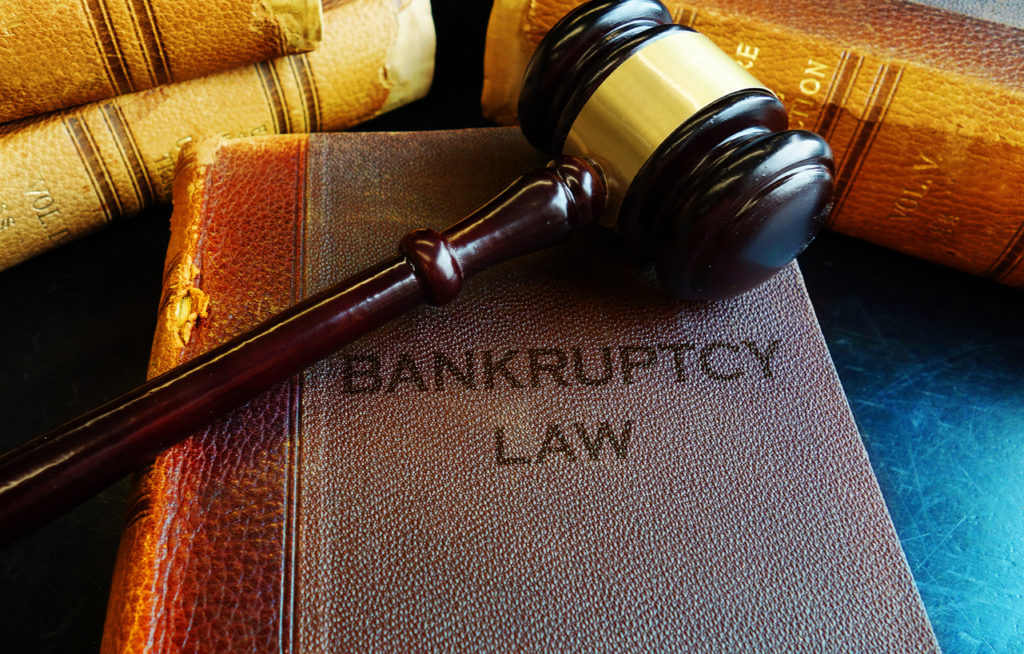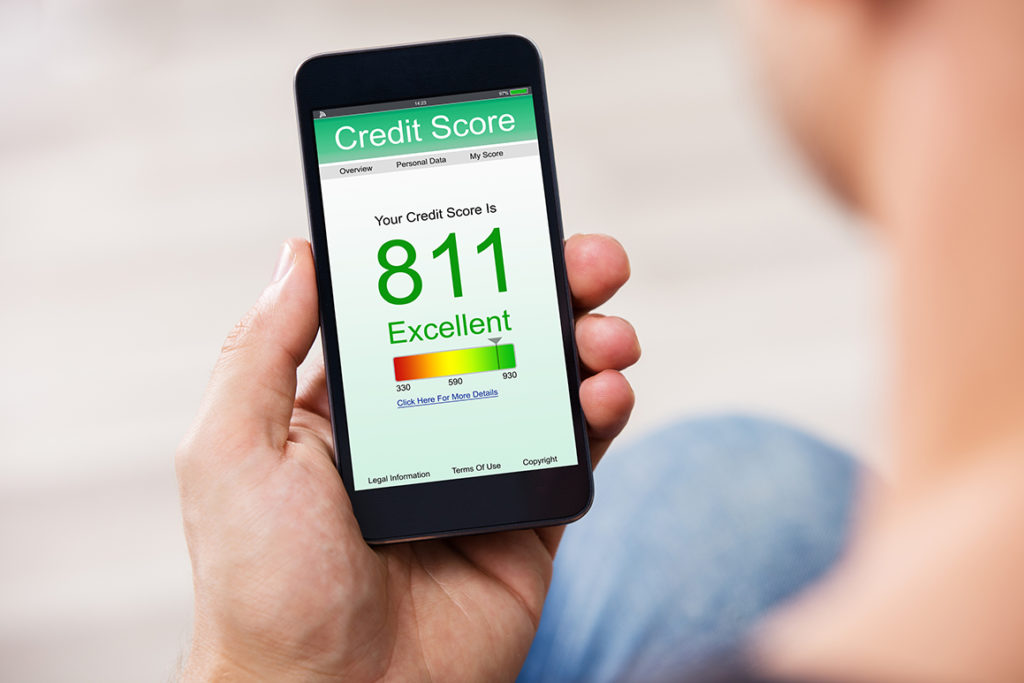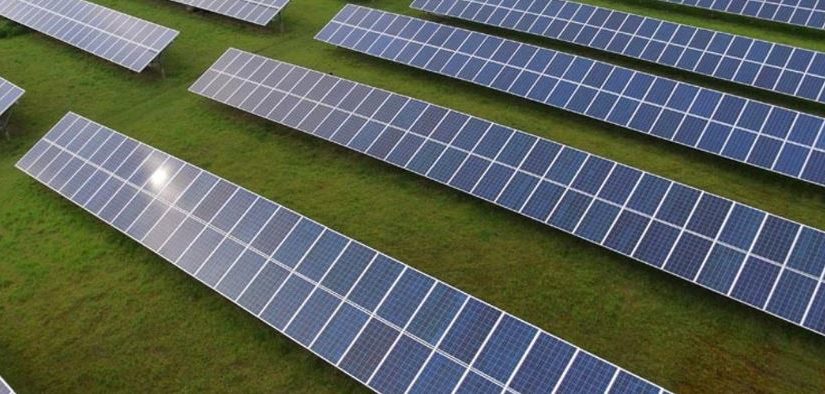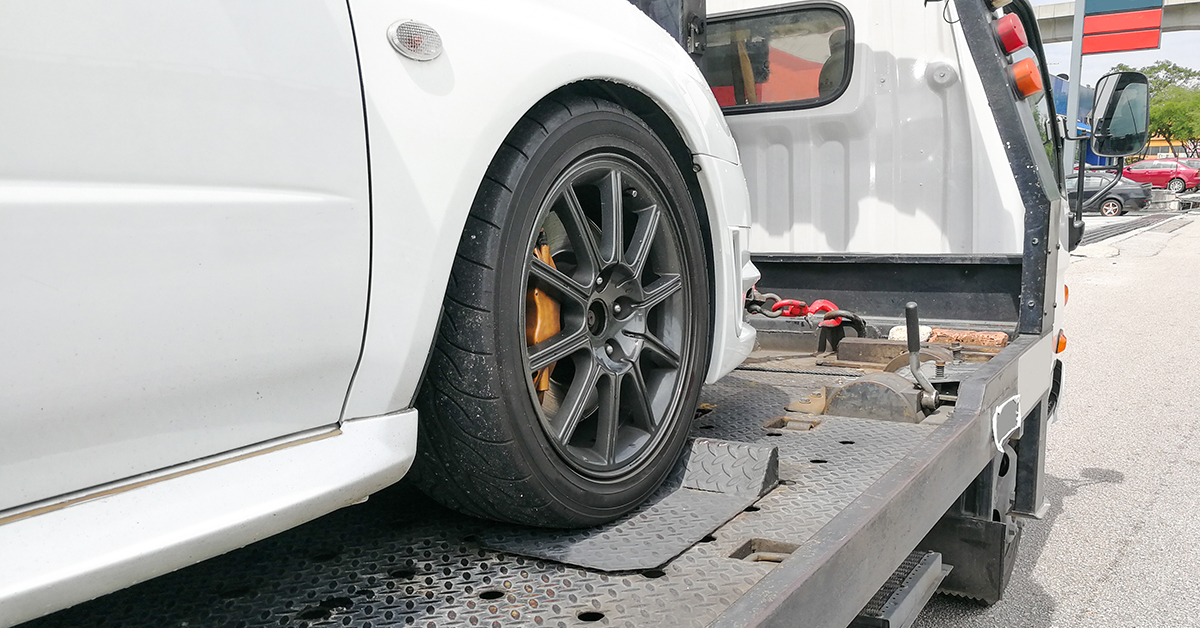 Wrongful Auto Repossessions
Wrongful Auto Repossessions
Auto Repossessions never occur at a convenient time. Without warning, the repo agent may come to take your vehicle. You may be at home, work, out shopping, or visiting family or friends. Even if you anticipated the auto repossession, losing your transportation is frightening.
When a borrower falls behind on payments or defaults on the terms of an auto loan, the lender has the right to repossess the vehicle. The lender is not required to notify the borrower in advance of the auto repossession but will hire a third party, such as a towing company or repossession agency, to locate the vehicle and handle the auto repossession. Before taking the vehicle, the repo agent is to inform the local police department of the auto repossession order.
Repossessions must be handled lawfully
Often, encounters between the repo man and the borrower are tense. Although the lender may have the right to take back the property, the repo agent must handle the auto repossession in a lawful manner. If the repo agent uses abusive tactics while taking the vehicle, the borrower may be able to file suit.
Repo agents must not:
- Threaten the borrower
- Use physical force against the borrower
- Access locked or fenced-in areas without permission
- Damage the borrower’s personal property or vehicle
The lender may be responsible for the actions of an errant repo agent, whether the borrower missed payments or defaulted on the terms of the auto loan.
Police Involvement
The police may be called to the scene to diffuse a volatile confrontation between the repo agent and the borrower. But there are limits to what the police can do.

-Police may not facilitate or assist the repo agent in the process of an auto repossession.
-They may not threaten arrest or
command the borrower to “hand over the keys” or “step aside” while the repo agent hooks up the vehicle to take it away.
Keeping the Peace or Breaching the Peace
Police may have crossed the line from keeping the peace to breaching the peace when they assist in the repossession of a vehicle. The borrower’s constitutional rights may be violated when the police become involved. These situations may provide grounds for a lawsuit to be filed against the police department, and possibly the repo agent and the lender.
Seek Legal Help from a Qualified Consumer Lawyer
 Flitter Milz is a nationally recognized consumer protection law firm experienced in auto repossession law and the pursuit of cases against banks, credit unions, or financial institutions that violated the consumer’s rights.
Flitter Milz is a nationally recognized consumer protection law firm experienced in auto repossession law and the pursuit of cases against banks, credit unions, or financial institutions that violated the consumer’s rights.
Contact Us for a no-cost legal consultation.

 This month brought news of the recent merger between two of the largest residential solar power companies in the US.
This month brought news of the recent merger between two of the largest residential solar power companies in the US. 














